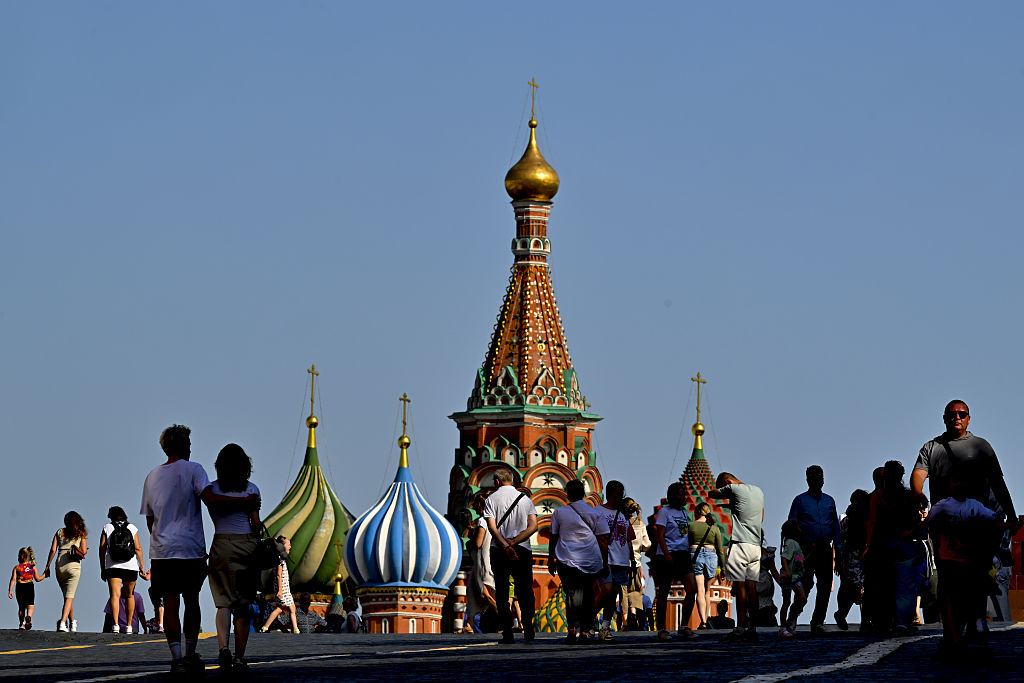The European Commission proposed a fresh set of sanctions on Russia on Friday, in Brussels’ latest effort to starve the Kremlin of revenue to fund its war in Ukraine.
“We can confirm that the Commission has adopted a new package of sanctions against Russia,” the Commission’s chief spokesperson, Paula Pinho, told reporters.
Commission President Ursula von der Leyen and Kaja Kallas, the EU’s chief diplomat, will provide details on the proposal – which will require the unanimous approval of all 27 EU states – later this afternoon.
Von der Leyen said earlier this week that the measures will target Russian banks, energy companies, and cryptocurrency networks. Brussels is also expected to propose restrictions on foreign companies suspected of engaging in sanctions circumvention, and additional listings of Russia’s “shadow fleet” of tankers used to evade a Western oil price cap.
Following a call with US President Donald Trump earlier this week, von der Leyen said the EU executive would also “propose speeding up the phase-out of Russian fossil imports”.
The latest measures were originally set to be presented on Wednesday but were delayed after Trump said he would impose “major sanctions” on Russia if the EU “immediately” ceased purchasing of Russian oil.
EU leaders are eager to increase economic pressure on Moscow jointly with Washington, amid wavering US support for Kyiv since Trump’s return to the White House in January.
Hungary and Slovakia, the bloc’s most pro-Russian states, remain heavily dependent on Russian fossil fuels despite net EU purchases of Russian energy falling dramatically since the full-scale invasion of Ukraine in 2022. The EU has pledged to completely phase out Russian energy by 2028.
An EU member state official, speaking on condition of anonymity, told Euractiv that the package is yet to be shared with EU countries but is expected to include a proposal for member states to phase out imports of Russian liquefied natural gas by 2027 rather than 2028.
Trump has also pressured EU leaders to impose blanket levies of up to 100% on goods from India and China, who have sharply increased Russian energy purchases since the 2022 full-scale invasion. That is widely considered unfeasible by the bloc’s member states and the Commission, which is aiming to strike a free trade deal with New Delhi by the end of the year.
This article has been updated.
(vc)
